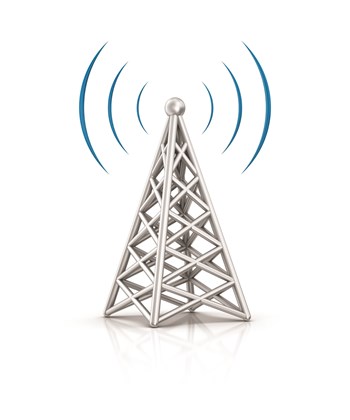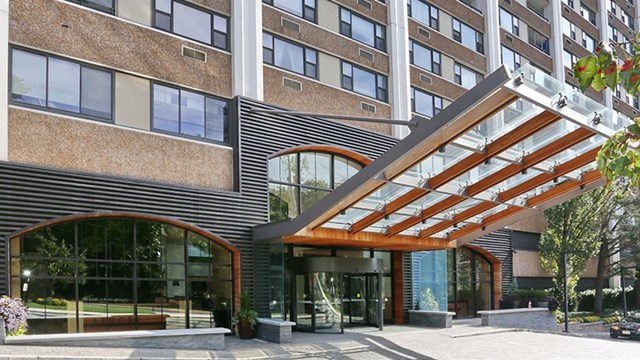
Every condo building and HOA is different, and every association board is a unique blend of personalities. Two neighboring associations may take very different approaches to identical daily challenges, even if the issues facing them are essentially the same. New Jersey housing laws cover certain specific legal issues, but there's really no official handbook for boards to follow that covers the other stuff. The answers to questions like, "How personally engaged is your board with your association members?" for example, or "Does your board have a formal process for cultivating new board members?" are hard to quantify.
That difficulty, combined with the fact that there's usually more than one way to solve a given association-related problem, can sometimes make it tricky to accurately assess a board's performance. There are some good places to start, however—by filling out the inventory below and tallying your association board's score, you may get a better idea of how your board measures up when it comes to things like community relations, organization, leadership, and conflict management. You may identify some opportunities for improvement—using the inventory results might even put you on the path to a new and improved board of directors!
Using the Inventory
Following is a tried-and-true method:
Schedule a board meeting at which you can spend at least a couple of hours working on the inventory, or make it one part of a longer board retreat.
Distribute a copy of the inventory to each board member to fill our individually so everyone has the opportunity to express their opinion about the strengths and weaknesses of the board.
Use the group's combined responses as a guide for the areas it most wants to work on first. If more than a couple of areas seem deficient, choose the top two or three that can be the focus of the board's attention for the next six months. As an example, if a category has a low score, such as "The Board at Work," you may consider giving that category your earliest attention and focus on your day-to-day functioning as a board.
There will always be things that need improvement, and you will make more progress biting off smaller rather than larger pieces at one time. Your board can decide for itself what needs to change.
Tips for a Good Board
Here are a few other thoughts about developing a strong and well-functioning board of directors:
Remember that board members are volunteers—most with busy lives apart from the time they serve on the board. Progress may be slow, but as long as it is steady, change will happen.
The work of improving the board is not the sole responsibility of the association's manager. The president, or another board member who is able to lead the process of improvement, is key to the success of any effort to strengthen the board. A process that is initiated and led by staff is less likely to be successful. If you use a consultant, use that person as a facilitator, but not as a decision-maker for you.
The work of developing a board is ongoing for the life of an association community. Though you will face different challenges at different stages, there is never a point at which you will have a "perfect" board. Like relationships, families, and communities, a co-op or condo board is always evolving and changing. With luck, the challenges will not overwhelm or discourage you, but provide keys to new ways of moving forward.
So try it out, don't take yourselves too seriously, and know that you are in the work for the long haul.
No Magic Formula
Remember, each association is different. There is no magic formula for a high-functioning board, and just because your board may not be structured or organized in the same way as the items on this chart suggest doesn't necessarily mean you have serious problems.
Nevertheless, the inventory can help your board identify areas that might need attention, development and/or reorganization. The scoring gives you a way to compare how you are doing with what might be considered ideal.
On the other hand, if your score is low but you believe that the way your board is functioning works for you and gets the job done, it might be a good idea to look again, and really examine how your board works as a unit. Are things really working, or are problems being obscured by personal agendas or politics? Could your board benefit from reassessing—maybe even overhauling—its policies and practices? Have problems arisen recently that might account for your score? Could your board be depending too heavily upon just one or two people to do all the work and make all the decisions?
Whatever the outcome of your own board's inventory, it's important—and ultimately very helpful—for boards to evaluate and reevaluate themselves and their performance on a regular basis. Just as each association is different, each board is different, and what worked well for your predecessors might not be the best fit for the latest incarnation of your board. It's to everyone's benefit to ask yourselves the tough questions and work together to improve your board's performance.
Hannah Fons is Associate Editor of The New Jersey Cooperator.






Comments
Leave a Comment